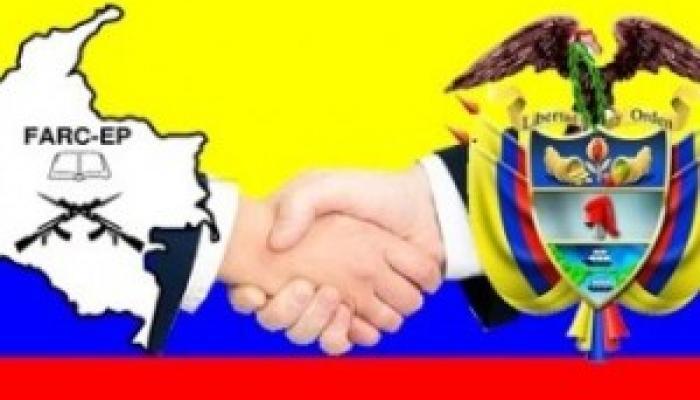Bogota, December 17 (RHC)-- Following an historic peace deal to end 52 years of conflict between the Revolutionary Armed Forces of Colombia and the Colombian government, the FARC has taken an important step toward forming an official political party.
Six non-combatant members were registered with Colombia’s national electoral commission in Bogota on Friday. Starting Monday, the six members of Voices of Peace and Reconciliation will officially sit in Colombia's lower house of Congress until 2018. While the members will not be able to vote in the congress, they will have a voice to represent the FARC during the implementation of the peace agreement and make sure that the terms of the agreement are being followed.
“They are representatives of the citizenship in order to guarantee and participate in all legislative matters regarding the upcoming laws that need to be passed; among others, the amnesty law, the special jurisdiction for peace, security guarantees for political opposition and the statute of opposition,” the FARC said in a statement on its website.
After 2018, once the peace process is fully implemented and the FARC is completely dissolved, the political group will be given the option of becoming a political party and will be afforded five seats in the country’s senate and five in the congress. The FARC is then expected to move its operations into a political party and run in Colombia’s 2018 general elections.
“We are here to ensure that the FARC enjoys the necessary prerequisites to become a party in Congress,” said Imelda Daza, a former member of the Patriotic Union, to El Pais during the swearing in. Another spokesperson, Jairo Rivera, said the group is “a transitory grouping pending the emergence of the political movement of the FARC.”
The four other members of the group include Jairo Estrada, Francisco Toloza, Pablo Cruz, Judith Maldonado. All members come from a range of human rights and advocacy movements and some were involved in previously failed peace negotiations. While the group has the backing of the FARC, they stress that they are not members of the disbanded guerrilla group.
The FARC said that the registering of the group was a “historic event,” as some of these spokespersons were stigmatized, threatened by paramilitary groups, exiled and had even been imprisoned.
The FARC added that Colombia can move toward handling “its political contradictions without the use of political violence and within the framework of a broadened and advanced democracy.”


